The Basque Cider and the Scurvy
Get to know the heart of Basque culture, the history of the sea and cider with a visit to the reconstruction of the whale ship San Juan and an experience in a cider house by tasting the traditional cider house menu!
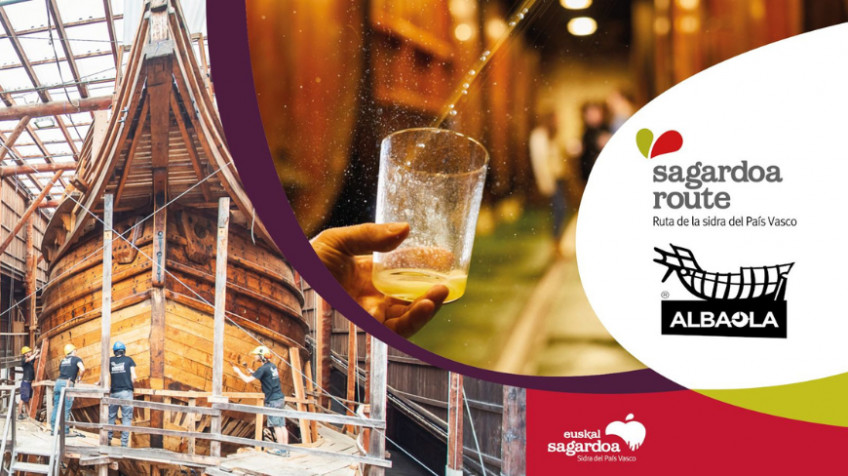
In the 16th century, shipbuilding experienced extraordinary progress throughout Europe. Caravels, ships and galleons weighing many tons were capable of crossing seas and oceans. But how could they last so many months in the open sea? The diet on board changed completely on these long voyages and they began to carry foods that took longer to rot: salted fish and meat, legumes... But as the trip progressed, problems arose because the food and drink ended up rotting. Many illnesses and diseases quickly arose among sailors, but one of these illnesses was the most feared: scurvy.
The sailors appeared weak, with muscle pain and bleeding from their gums, often leaving them without teeth. Scurvy caused numerous deaths: when Vasco da Gama made the famous voyage in 1498, he said that "a rare disease" had killed half his crew. Entire squads fell ill from that disease they called "plague of the sea." Nobody knew why it occurred, and of course, beliefs soon spread: that it was contagious, that it could be cured by eating fireflies, that drinking coffee was good... The fact is that for two centuries scurvy was the most feared enemy of everyone going into this longterm voyages in the sea. Of everyone? No, not that of the Basques. Popular tradition says that among the Basques cases of scurvy were much less numerous. They didn't know why, but the "pestilence of the sea" didn't affect them as much as the rest of sailors.
As the years went by, it became more evident that behind scurvy there was some vitamin deficiency – a theory mentioned by the doctor Vicente Lardizabal, in his book 1720 Consuelo de Navegantes –. In 1747, an English naval doctor, James Lind, conducted clinical tests to treat scurvy and discovered that if sailors were given lemon juice they were cured.
Today, we know that scurvy is a malnutrition caused by a lack of Vitamin C and that sailors did not die from a mysterious plague, but from a lack of fresh food. In fact, many believe that behind the "immortality" of the Basques there was a drink: cider. Cider is not distilled, so it maintains vitamin C. Therefore, the characteristics of this drink favored the Basque sailors who went on these long voyages well supplied with cider.
You can discover all this and much more through our "Albaola + cider cellar" experience. Immerse yourself in the culture of Basque whaleships at the Albaola Maritime Factory where you can see first-hand how a replica of the 16th century San Juan whaleship is being built. There, you will also be able to learn about the direct relationship between Basque sailors and Cider Cellars. After delving into the Basque seafaring tradition, you will go to a cider cellar. In the cider house you will get to know the apple orchard, the production area and the cellar, and then, you will enjoy a traditional cider house menu, while you taste the local cider. Come with us and enjoy! What are you waiting for to book this experience?


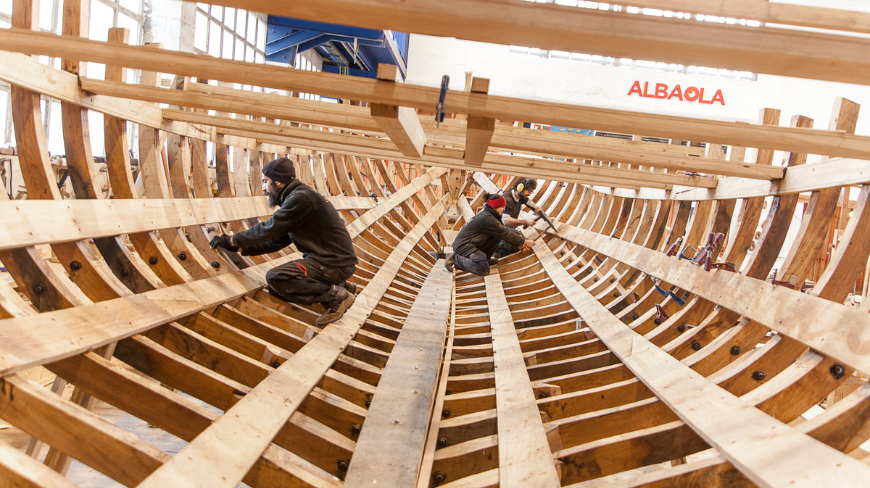
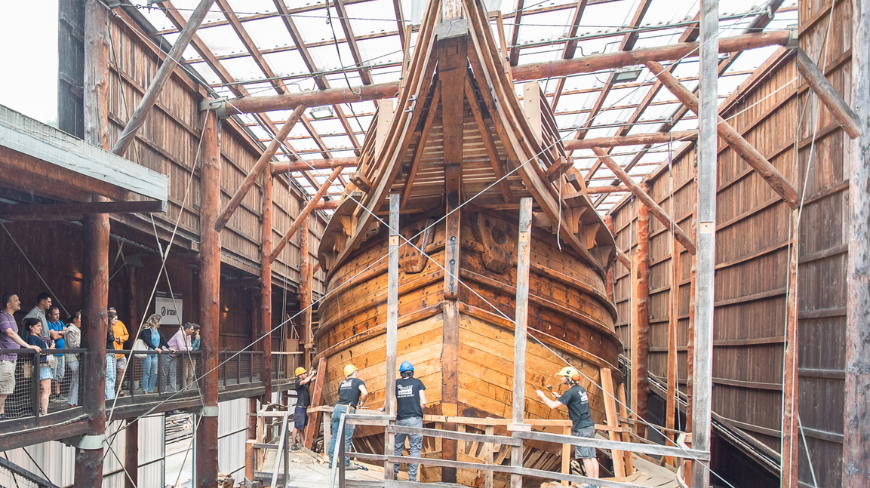
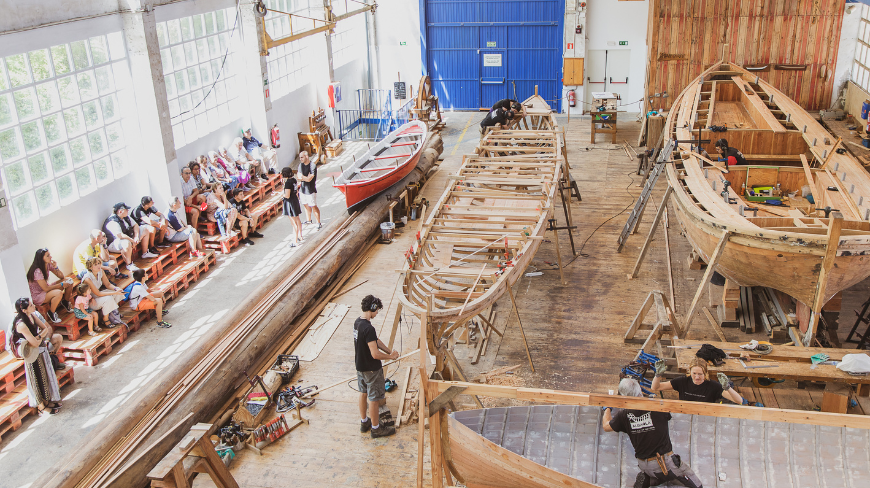
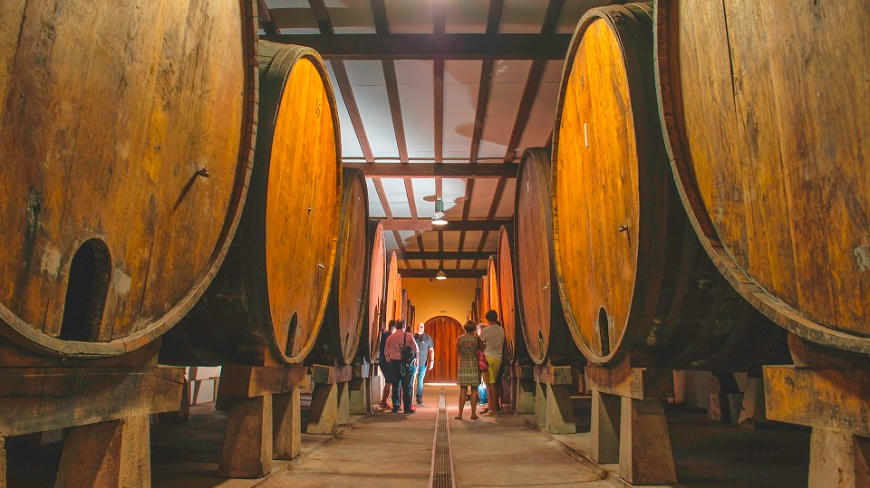
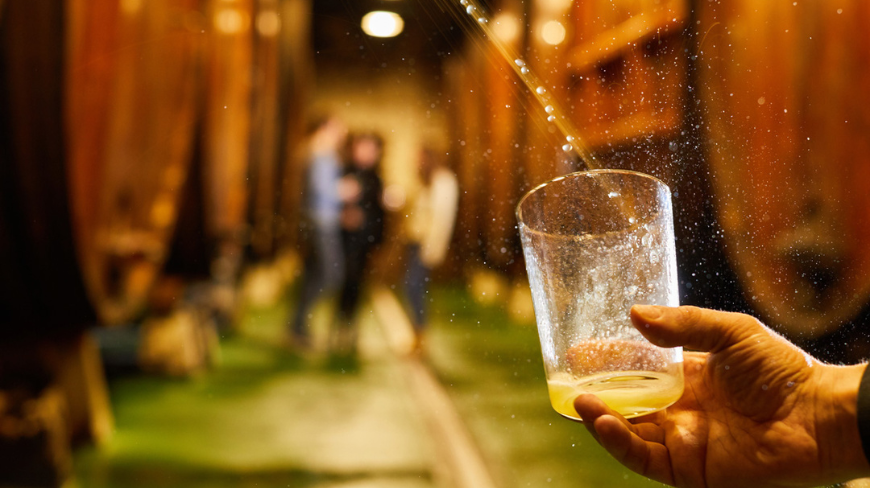

Comentarios
Deje su comentario